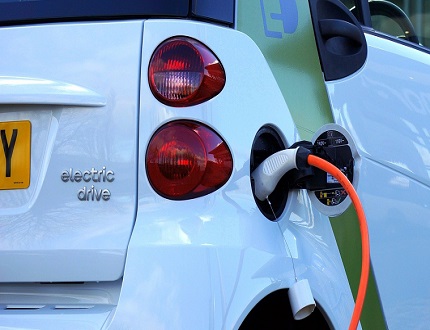Electric cars moving forward

I recall a visit to the Planning Department of a major city. I was told that the Council thought that the biggest threats to the city centre and shopping area were congestion and pollution.
Many local authorities are acting to reduce traffic volumes in city centres, and the Government and local authorities are hoping to promote electric and less polluting vehicles.
Birmingham has introduced a clean air zone meaning that the most polluting vehicles (expected to be about one quarter) entering the central area will pay a charge, which will be £8 per day for cars and £25 a day for larger vehicles such as buses and goods vehicles.
Governments around the world are committing to banning sales of new petrol and diesel vehicles, to encourage (or force) buyers and manufacturers to go electric. The UK Government plans to make this change by 2030.
Vehicle manufacturers are responding with most setting dates for switching to electric only production within the next 5 – 20 years.
Research by Ofgem has found that nearly one quarter of UK households plan to buy an electric or hybrid vehicle in the next five years, but over one third are saying that they have no intention of buying one.
Surveys show that the public have three concerns about acquiring electric cars.These are the price, the vehicle range (ie how far the vehicle will travel before it needs recharging) and a shortage of charging stations especially at or close to home.
Batteries are now becoming more efficient with many electric cars able to run for 300 miles before needing to be recharged, and the range can only get better with time. Recharging station, including overnight charging remains a problem, especially for people living in flats or with no off street parking, and there’s no doubt that Government involvement or incentives are going to be needed, although it may not be as big a problem as some people think – supermarkets are already finding that a charging station in the car park attracts customers.
Parts and so maintenance costs are likely to become cheaper.
Although buying costs are still high, running costs are far lower than petrol or diesel cars.
Parts and so maintenance costs are likely to become cheaper. Electric cars have fewer moving parts.
Electric vehicles are still expensive – most cost over £30,000 to buy – but it seems certain that mass production will lead to a reduction in prices, and petrol and diesel engines will soon become a thing of the past.
.

